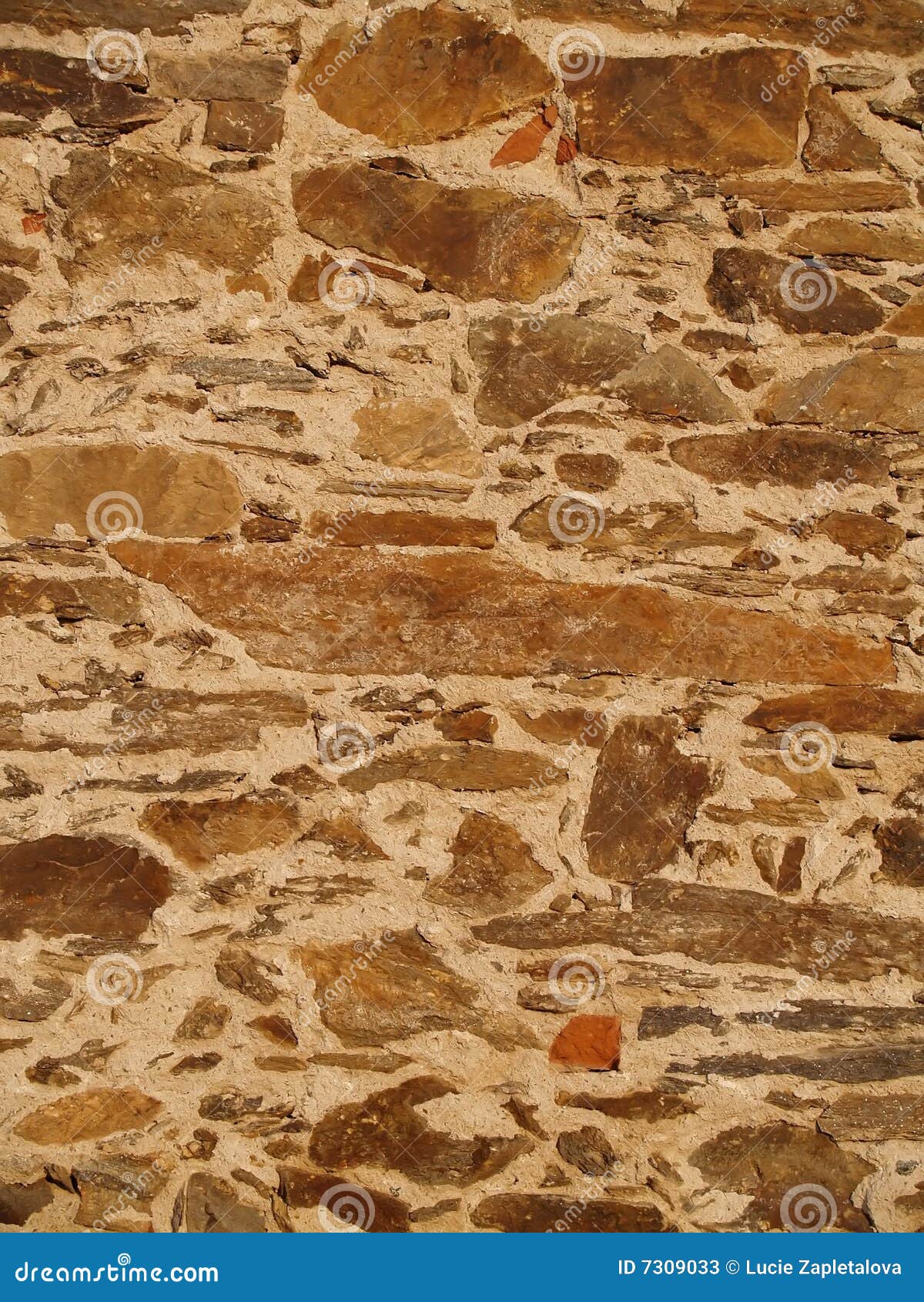It is ideal to refresh surfaces, or to create a distinct decorative effect to beautify your home. This low odor, paintable formula is ideal to refresh surfaces, or to create a distinct decorative effect to beautify your home. Create a sand texture on indoor or outdoor wall and ceiling surfaces with the Homax Products 6-oz. This additive mixes with a gallon of paint or stain to provide sand texturing to a wide variety of surfaces, including woo brick, plaster and concrete. Sand - Texture Paint Additive.
The Home Mender, Dustin Luby shows us a creative way to duplicate texture on a wall in an old house. Add a decorative finish to your plain walls with this fine aggregate material that mixes with any color paint. Simply mix the material with one gallon of paint and apply with a conventional paint roller or textured paint roller. There are a variety of techniques you can use to texture drywall.
Some techniques, such as the orange peel, require the use of a hopper gun. Others, like the sand swirl, only require a wide brush. Originally, sand was added to paint to texture ceilings and hide imperfections in the drywall. Today, textured paint is used on walls and ceilings to give a unique look to the room. You can purchase textured paint that already has sand mixed in, but it is more expensive.
The process of smoothing textured walls with skim coating is fairly common. It refers to spreading a layer of joint compound over the walls to fill in the bumps and valleys in the texture , effectively creating a smooth surface. Silica sand , available at hardware or home improvement stores, is. How To Remove Texture From A Wall and Get a Smooth Look Taking texture off a wall is a messy and challenging job but it has to be done if you want the walls to be smooth and simple. So if you’re planning on starting such a project, make sure you’re well documented.
Another roller applied texture called crowfoot is done by dragging the roller in a vertical direction down the wall. The more the roller slips and slides (rather than rolling), the better the crow like feet appear in the texture. How to Skim Coat to Remove Wall Texture.

An alternative method (but equally laborious) is to sand the walls down using a finishing sander. For a more unique look, use a double roller to apply two complimentary colors of paint at once. If you do, work in curves to mix the paint thoroughly. Like the name suggests, the finished wall looks like sand , creating tiny bumps on the wall. With the right coat of paint, your finished walls can look like any one of the more expensive textures.
The type of drywall finish and texture you select depends on the room and its decor. It’s a question I’ve gotten from quite a few readers in the wake of all my wallpaper-related posts over the last year: “Can You Wallpaper Textured Walls ? My answer has always been “I don’t see why not! I never had textured walls of my own to experiment on and say for sure.
Slap the brush lightly to get the sand texture to come off the paint brush. Mix sand , primer-sealer, and drywall mud. The drywall mud suspends the sand and adds body which can be shaped and textured to simulate real rock.
I usually talk them into an overlay, show them some samples of some more modern type textures. I also offer to just go smooth also. It requires a lot of planning and idea to create your dream home.
Choosing the different parts and aspects of your new or remodeled home can also be a hard task with a lot of choices and opinions. But one thing that people do not associate with a lot of variety or options is the type of drywall texture or finish to use on their walls. You can add texture to your walls using textured paint. Using paint in this way can give you more options than the basic eggshell, satin or flat sheens. Instea you may choose from stone, sand , faux finish or original textures.
Textured paint is good for hiding blemishes that a flat or satin sheen might show. A second type of drywall texture that can be done on a smaller scale is texturing paint. These include sand and stucco coatings commonly used on ceilings more than walls. The coating is applied using a brush and then manipulated to create a pattern in the finish.

Larger grits are usually (but not always) used on ceilings while sand like textures work best with walls and floor projects. You can use silica sand (right off the beach) in your paint for texturing if you prefer. Wipe off all dust residue with a damp, rough cloth when finished.
What is the cheapest way to add texture to a wall. Textured Wallpaper With any one of the many textured wallpaper designs available, you can add a three-dimensional effect to an accent wall or paper the entire den or recreation room for a cozy effect. The exact texture you have on your walls depends on the tradesman who applied it, so a bit of practice will be necessary to match the texture. Although smooth wall is not technically considered a type of drywall texture , it is a popular option for finishing drywall walls and ceilings.
For more information on how to create smooth walls please read this article.
No comments:
Post a Comment
Note: Only a member of this blog may post a comment.